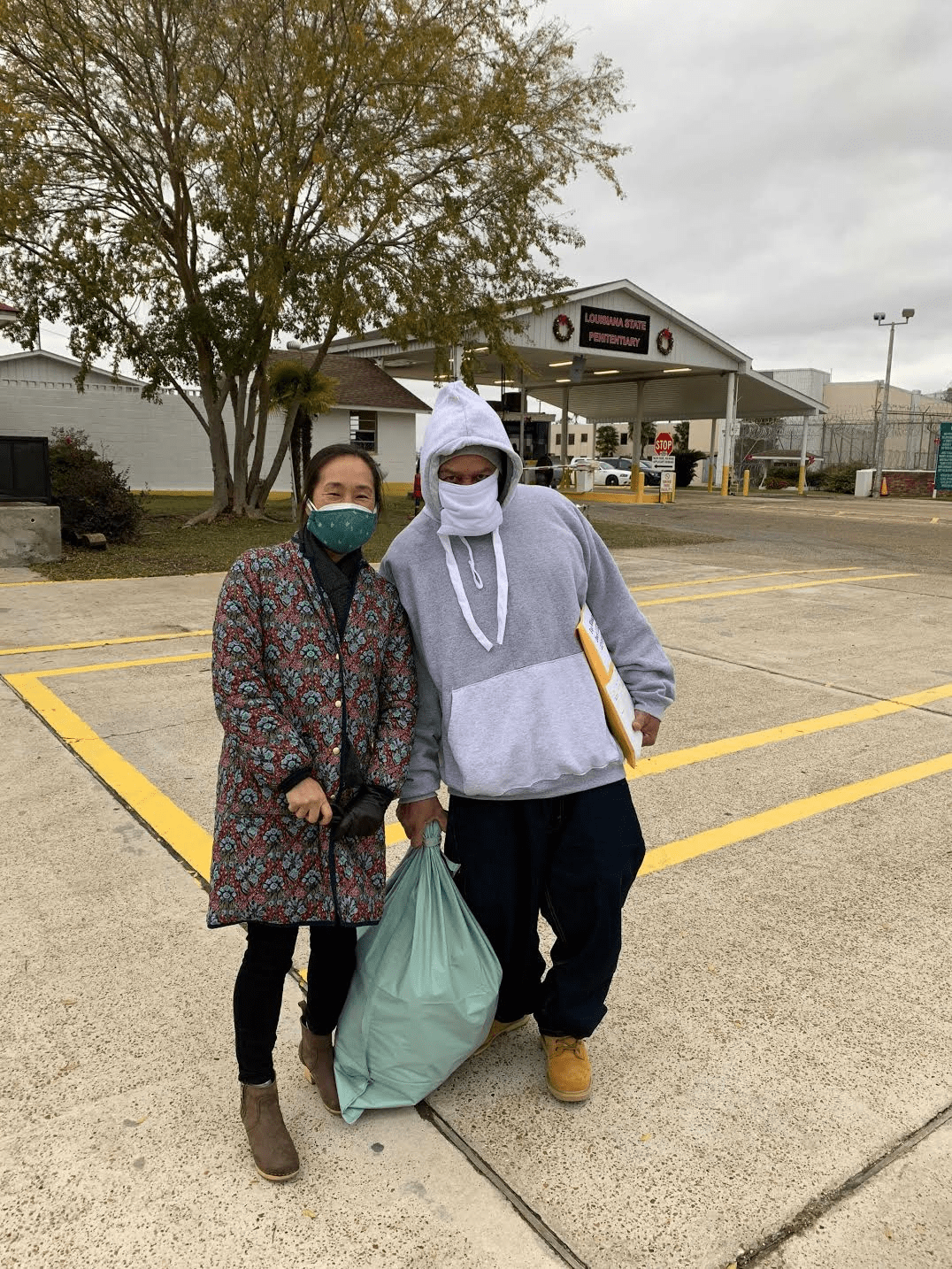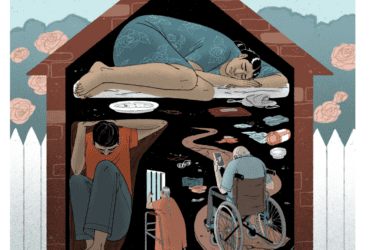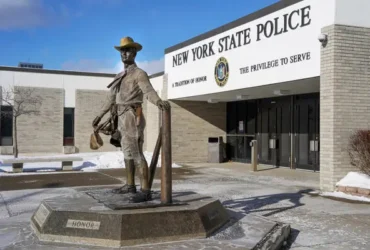For decades, states have expanded laws that punish repeat offenders more harshly even if they commit minor crimes. With support from the Fund, Tana Geneva took a deep look at prison populations in Mississippi and Louisiana, filing freedom of information requests for data on people serving 20-year-plus sentences. The data shows that there are nearly 2,000 people in the two states serving sentences lengthened by habitual offender laws. A majority of them are Black, and most are serving 20-plus years primarily because their triggering crime was drug possession, drug sale, illegal gun possession, or another crime besides murder or rape. Geneva’s story in the Appeal highlighted the experience of Fate Winslow, who was sentenced to life without parole because a $20 marijuana sale to an undercover agent sparked Louisiana’s habitual offender law.
Grantee shows that “three-strikes” laws in Mississippi and Louisiana leave many languishing in prison for minor crimes




